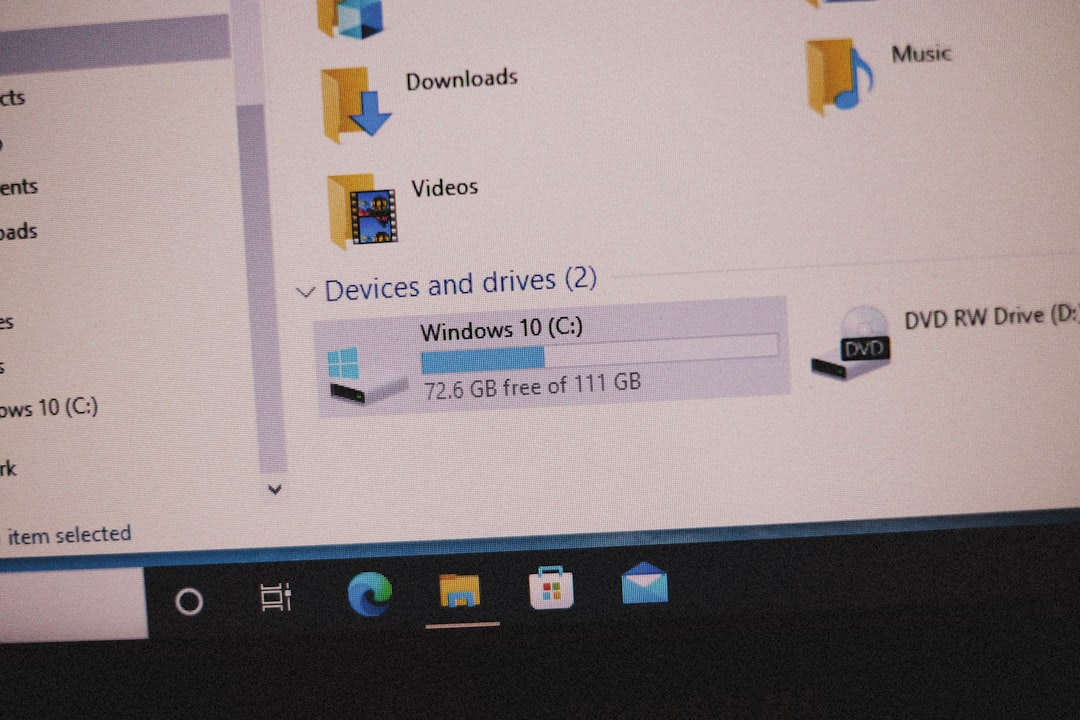Choosing the right hosting provider for your WordPress website is one of the most important decisions you’ll make when setting up your site. Whether you’re launching a personal blog, a growing e-commerce platform, or a dynamic business site, the decision to go with an affordable or premium WordPress web host can significantly impact your website’s speed, uptime, security, and overall user experience.
With so many providers and pricing tiers available, the process can seem overwhelming. But don’t worry—this guide lays out everything you need to know before deciding between affordable and premium WordPress hosting options.
Understanding the Basics: What is WordPress Hosting?
WordPress hosting refers to web hosting services specifically optimized to run WordPress sites. While you can run a WordPress site on most types of hosting (shared, VPS, cloud, etc.), WordPress hosting offers enhanced features such as faster server-side caching, easier installation, dedicated support, and frequent backups.
The core difference between affordable and premium WordPress hosting lies in performance, reliability, support, and the extra features offered.
Affordability vs. Premium: Key Differentiators
Let’s explore how affordable and premium hosting options stack up against each other in several important areas.
1. Price
Affordable hosting generally ranges from $2 to $10 per month. It’s a low-risk entry point, which makes it appealing for beginners, hobbyists, or small blogs. Popular providers in this bracket include Bluehost, HostGator, and SiteGround (entry-level plans).
Premium hosting, on the other hand, can range from $20 to $100+ per month. Managed WordPress services from providers like Kinsta, WP Engine, and Flywheel offer a more polished and performance-focused experience.
Verdict: If you’re budget-conscious or just testing an idea, the affordable option might be best. But if your site is your business, premium might be worth the cost.
2. Speed and Performance
Speed is one of the most crucial factors for user experience and SEO. Premium hosts often use technologies like NGINX, CDN integration, and server-side caching to deliver blazing-fast speeds. On affordable plans, your site may share resources with hundreds of others, leading to slower load times.
Premium web hosters also typically provide staging environments so you can test changes without risking your live site.

Verdict: Premium hosting wins when it comes to performance and scalability. For sites expecting high traffic or transactional volume, the added speed is invaluable.
3. Uptime and Reliability
Downtime doesn’t just frustrate visitors—it can cost you revenue. Many affordable hosts promise 99.9% uptime but may not always deliver, especially during peak hours or maintenance windows.
Premium services back up their uptime guarantees with robust infrastructure, often powered by Google Cloud or AWS, and include SLAs (Service Level Agreements) to ensure accountability.
Verdict: Premium plans offer more solid uptime and reliability, ensuring your site remains accessible even during traffic spikes or server maintenance.
4. Security Features
Security should never be an afterthought. Affordable providers typically offer basic protections like free SSL certificates and malware scanning for higher-tier plans. However, you may be on your own for more advanced threats.
Premium hosts often include daily backups, real-time security scanning, automatic updates, and even a dedicated security team to handle incidents proactively.

Verdict: If your site deals with sensitive customer data or e-commerce functions, premium security features are not a luxury—they’re a necessity.
5. Customer Support
Affordable hosting companies typically offer basic chat and ticket support, which can sometimes mean long wait times and variable quality of assistance.
Premium hosts often have WordPress-specific support specialists available 24/7 through multiple channels. They not only respond quickly but can also help with advanced technical problems and performance monitoring.
Verdict: The difference in customer support quality is significant. For non-tech-savvy users or mission-critical sites, premium support can be a lifesaver.
6. Features and Add-Ons
Affordable plans may limit you to one website, one database, and minimal disk space. Upgrades usually cost more and you might have to manage backups and updates manually.
Premium plans often include:
- Automatic backups and easy restores
- Staging environments
- Developer tools (SSH access, Git integration)
- Integrated CDN and enhanced caching
- Multi-site support
Verdict: If your project is complex or expected to grow, investing in feature-rich hosting makes everything easier and more efficient.
When to Choose Affordable Hosting
Affordable hosting is a great fit for:
- Personal blogs or portfolios
- Small local businesses with minimal traffic
- Website developers testing or staging projects
- Anyone launching a site on a limited budget
Use affordable plans to get a feel for running a site without committing large sums. Upgrade later as your needs grow.
When to Choose Premium Hosting
Premium hosting is ideal for:
- E-commerce stores
- Membership or subscription-based websites
- High-traffic blogs or online publishers
- Corporate or government websites
- Agencies managing multiple client sites
The reliability, performance, and professional support that come with premium hosting offer peace of mind that’s especially valuable to businesses that can’t afford downtime or slow load times.

Hybrid Approaches: The Middle Ground
Some hosting providers offer “mid-tier” managed WordPress plans that strike a balance between affordability and premium features. Services like SiteGround, A2 Hosting, and DreamHost’s managed plans can offer good performance for moderate prices.
If you’re unsure about jumping fully into a premium plan, trying a managed offering from one of these “hybrid” hosts could give you more confidence as your site grows.
Red Flags When Choosing a Host
Regardless of price range, watch out for:
- Hidden fees: Low introductory prices that spike dramatically after the first year
- Limited resources: Disk space, bandwidth or email limitations
- Lack of transparency: Unclear policies on uptime guarantees and cancellation
Always read the fine print and reviews before committing.
Final Thoughts: Which Should You Choose?
The decision between affordable and premium WordPress hosting ultimately depends on your goals, technical skills, and budget. Here’s a quick summary:
| Criteria | Affordable Hosting | Premium Hosting |
|---|---|---|
| Cost | Low | High |
| Speed | Moderate | High |
| Support | Basic | Expert-level |
| Security | Basic tools | Advanced, proactive |
| Uptime | Varies | Guaranteed |
In the end, think of hosting as an investment. If your website is tied to your income or brand reputation, the premium option can pay for itself many times over in performance, trust, and security.
Either way, the beauty of WordPress is that it gives you the flexibility to switch hosting providers relatively easily. Start small if you must, but don’t hesitate to upgrade when your site’s growth demands it.


